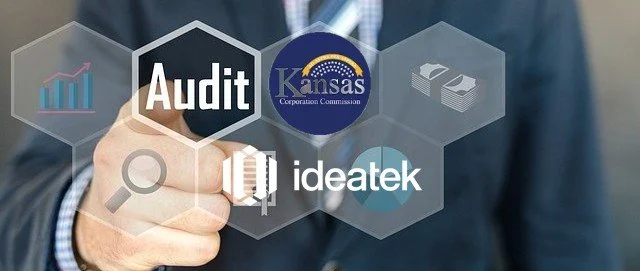U.S. Supreme Court: The Universal Service Fund Is Constitutional
June 26, 2025 – The U.S. Supreme Court has issued a decision in FCC et al. v. Consumers’ Research which concludes that the federal universal service fund (USF) contribution system does not violate the nondelegation doctrine.
Justice Kagan delivered the 6-3 opinion of the Court, in which Chief Justice Roberts, Justice Sotomayor, Justice Kavanaugh, Justice Barrett, and Justice Jackson joined. Justice Kavanaugh and Justice Jackson filed concurring opinions. Justice Gorsuch filed a 37-page dissenting opinion, in which Justice Thomas and Justice Alito joined.
The Court’s opinion overturns a July 2024 en banc decision by the U.S. Court of Appeals for the Fifth Circuit which declared the USF contribution mechanism to be an unconstitutional tax and a violation of the nondelegation doctrine. Consumers’ Research, Cause Based Commerce, Inc., and various individual consumers brought the original legal challenge to the USF. The FCC (24-354) and a group of public interest and trade associations (24-422) sought Supreme Court review, with both petitions consolidated under Docket 24-354 for the Court’s 2024 October Term.
In its challenge to the constitutionality of the USF, the Consumers’ Research group generally made the following arguments: the USF revenue-raising structure violates the nondelegation doctrine; Section 254 constitutes an unconstitutional delegation of Congress’ taxing power; and the FCC’s sub delegation of authority to the Universal Service Administrative Company (USAC), the FCC-designated administrator of the USF, is illegal. The nondelegation doctrine limits Congress’ ability to delegate power to federal agencies. Under the Constitution, all legislative powers are vested in the United States Congress. However, Congress can and often does delegate substantial discretion to executive agencies to implement and enforce federal laws. When doing so, Congress must provide an intelligible principle which adequately guides the Executive agency. This is the core of the nondelegation doctrine. The “intelligible principle” must sufficiently “guide the delegee’s use of discretion.” If a court finds Congress makes a delegation to an agency with “no guidance whatsoever,” the court will strike it down.
In the majority opinion, Justice Kagan framed the questions in the case as “whether the universal-service scheme—more particularly, its contribution mechanism—violates the Constitution’s nondelegation doctrine, either because Congress has given away its power to the FCC or because the FCC has given away its power to a private company.” The Court’s answer to both is a resounding no.
The Court applied its long-standing nondelegation doctrine analysis – did Congress set out an “intelligible principle” to guide the power delegated to the FCC, and did Congress make clear both “the general policy” the FCC must pursue and “the boundaries of the delegated authority.” The Court found that the universal service statute, Section 254 of the Communications Act, directs the FCC to collect contributions that are “sufficient” to support universal-service programs. More importantly, the word “sufficient” sets both a floor and a ceiling—the FCC cannot raise less than what is adequate or necessary to finance its universal-service programs, but it also cannot raise more than that amount. Ultimately, the Court concluded that “under the usual intelligible-principle test, the universal-service contribution scheme clears the nondelegation bar.”
The Court rejected the argument put forth by challenger Consumers’ Research that a different or more stringent nondelegation test should be applied because USF contribution fees are taxes. The Court said Skinner v. Mid-America Pipeline Co. “made clear that whether a charge is a tax or a fee is irrelevant to the nondelegation inquiry.”
The Court found no violation of the so-called private nondelegation doctrine. Consumers’ Research claimed that the FCC conferred governmental power on the Universal Service Administrative Company (USAC), a private party, by giving USAC “carte blanche” to set each quarterly USF contribution factor. The Court determined that USAC is “broadly subordinate” to the FCC, may not make policy, and must carry out all its tasks consistent with the FCC’s rules, orders, and directives. The Court stated that “as long as an agency thus retains decision-making power, it may enlist private parties to give it recommendations.”
Also, the Court rejected the nondelegation “combination theory.” In the decision below, the Fifth Circuit found that the combination of Congress’s delegation to the FCC and the FCC’s “subdelegation” to the USAC violated the Constitution, even if neither delegation did so independently. The Court said the Fifth Circuit’s logic does not work – a measure implicating (but not violating) one does not compound a measure implicating (but not violating) the other, in a way that pushes the combination over a constitutional line.





